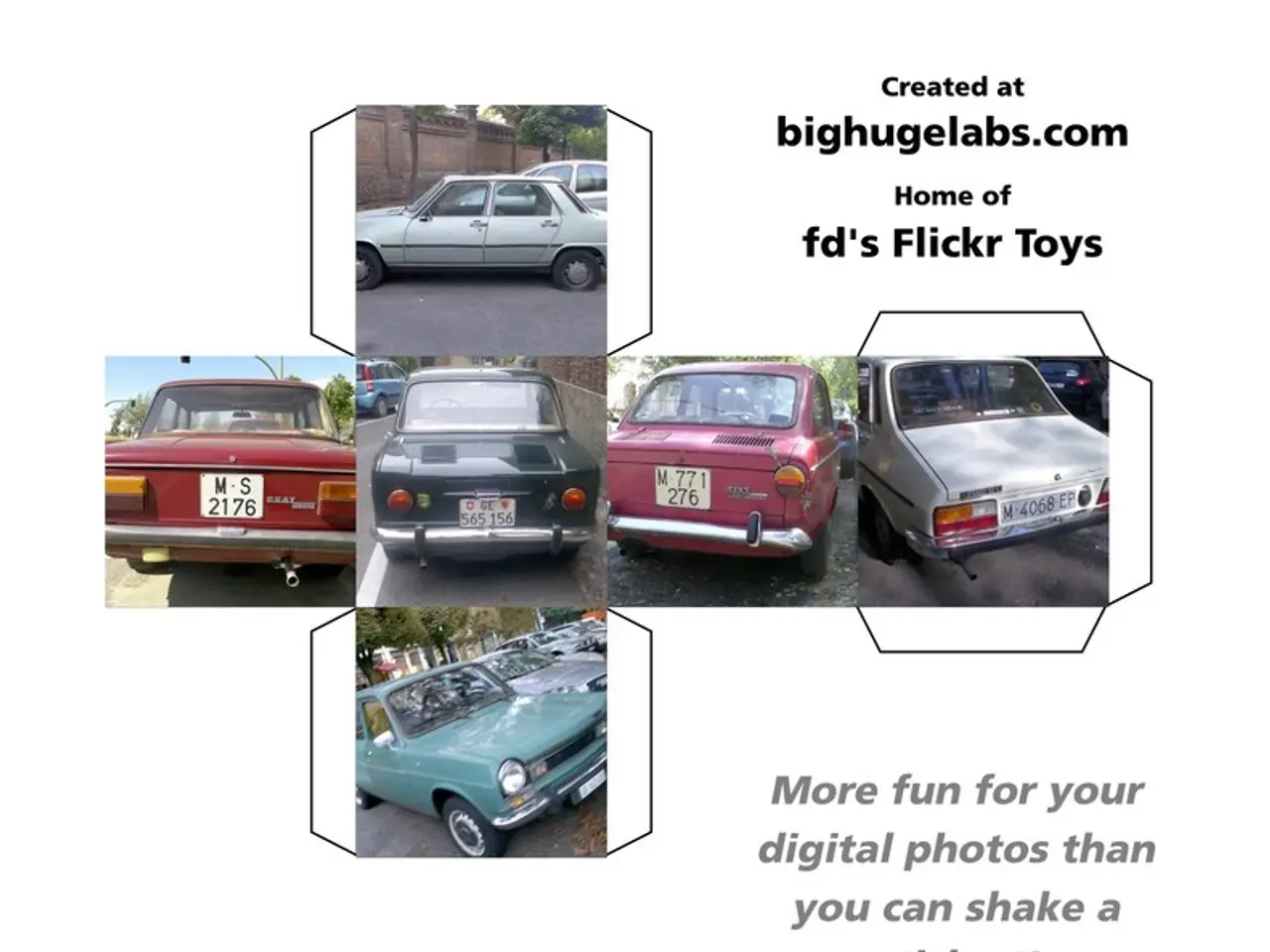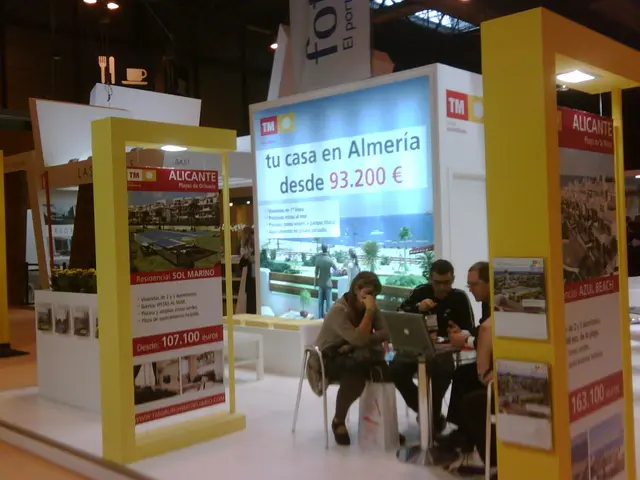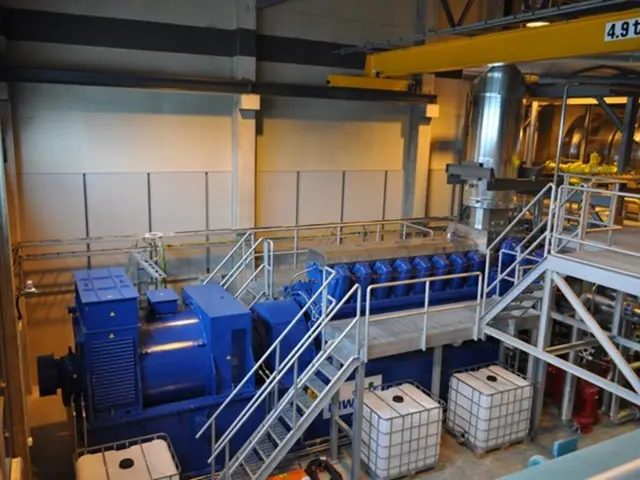Automotive suppliers in Europe grapple with unparalleled uncertainties as profit margins dwindle excessively
The European automotive supply industry is currently grappling with a deteriorating business sentiment, as revealed by a recent survey. Lukas Michor, co-leader of McKinsey's EMEA supplier practice, has stated that the outlook for the industry has worsened over the past twelve months.
One of the main concerns for suppliers is cost competitiveness and product development cycles. With 54% emphasising the importance of efficiency gains in manufacturing and 58% identifying material and component design optimisation as key for achieving an optimised cost structure, suppliers are intensifying resource allocation towards R&D and production while streamlining efficiency gains.
Demand reduction is another challenge faced by the industry, with 52% of suppliers reporting a decrease in demand. This is reflected in the profitability expectations of suppliers, as only 37% expect profitability above 5%. Moreover, 25% of suppliers anticipate operating at marginal or negative profitability levels.
In response to mounting challenges, suppliers are also engaging in commercial re-negotiations with OEM customers to offset inflationary production costs, as 70% of respondents prioritise this strategy. However, 74% of suppliers are facing tough price negotiations from OEMs.
The shift to electromobility is another significant challenge for the industry. Companies such as Mercedes, identified as a customer in the EU automotive supply chain that imposes the highest demands on the shift to electromobility, are facing stringent requirements, as Mercedes notably missed EU CO2 fleet targets for 2025-2027. In response to ongoing CO2 reduction challenges, the EU has reinforced regulations like AFIR for charging infrastructure expansion and transparency, alongside national laws such as Germany's GEIG, to strengthen electromobility adoption and compliance among stakeholders in the value chain.
Disruptions in the supply chain and suppliers moving to other industries are challenges faced by 24% and 20% of suppliers, respectively. Difficulty implementing OEM requirements (24%) and compliance with emission targets (22%) are strategic concerns for a smaller part of the supply chain.
However, the industry is not without hope. 47% of suppliers expect an increase in revenues for 2024, while 31% expect a decline. Furthermore, forecasts indicate a modest outlook for business growth from China, with only 31% of suppliers expecting a substantial share of future business from this market.
In the face of these challenges, suppliers are showing a proactive response. Two-thirds of suppliers are currently re-skilling their workforce or are planning to do so, indicating a focus on addressing the talent challenge, specifically for software engineers.
Benjamin Krieger, Secretary General of our website, expresses concerns about more than half of European suppliers fearing that high production costs are making the EU uncompetitive, and 65% of the sector operating at profitability levels that are not sufficient to sustain investments. These concerns highlight the need for the industry to address its challenges head-on and seek solutions to maintain its competitiveness in the global market.







